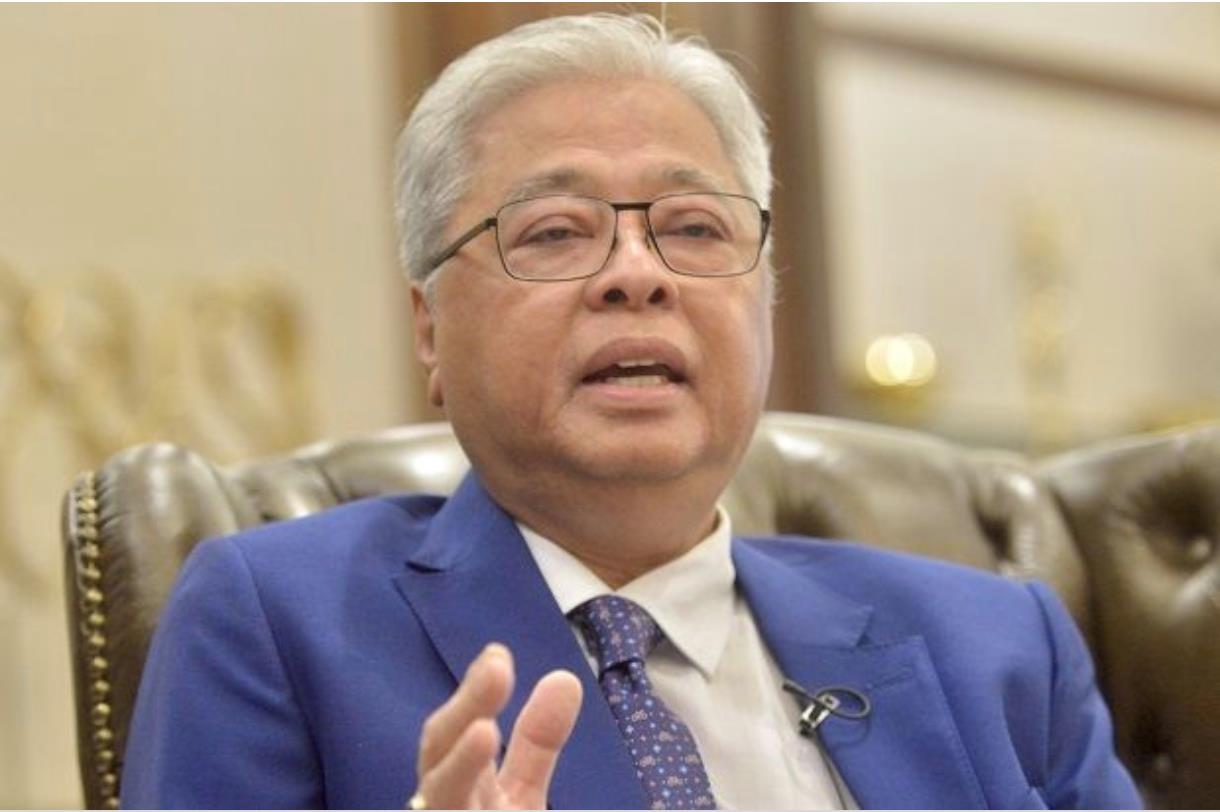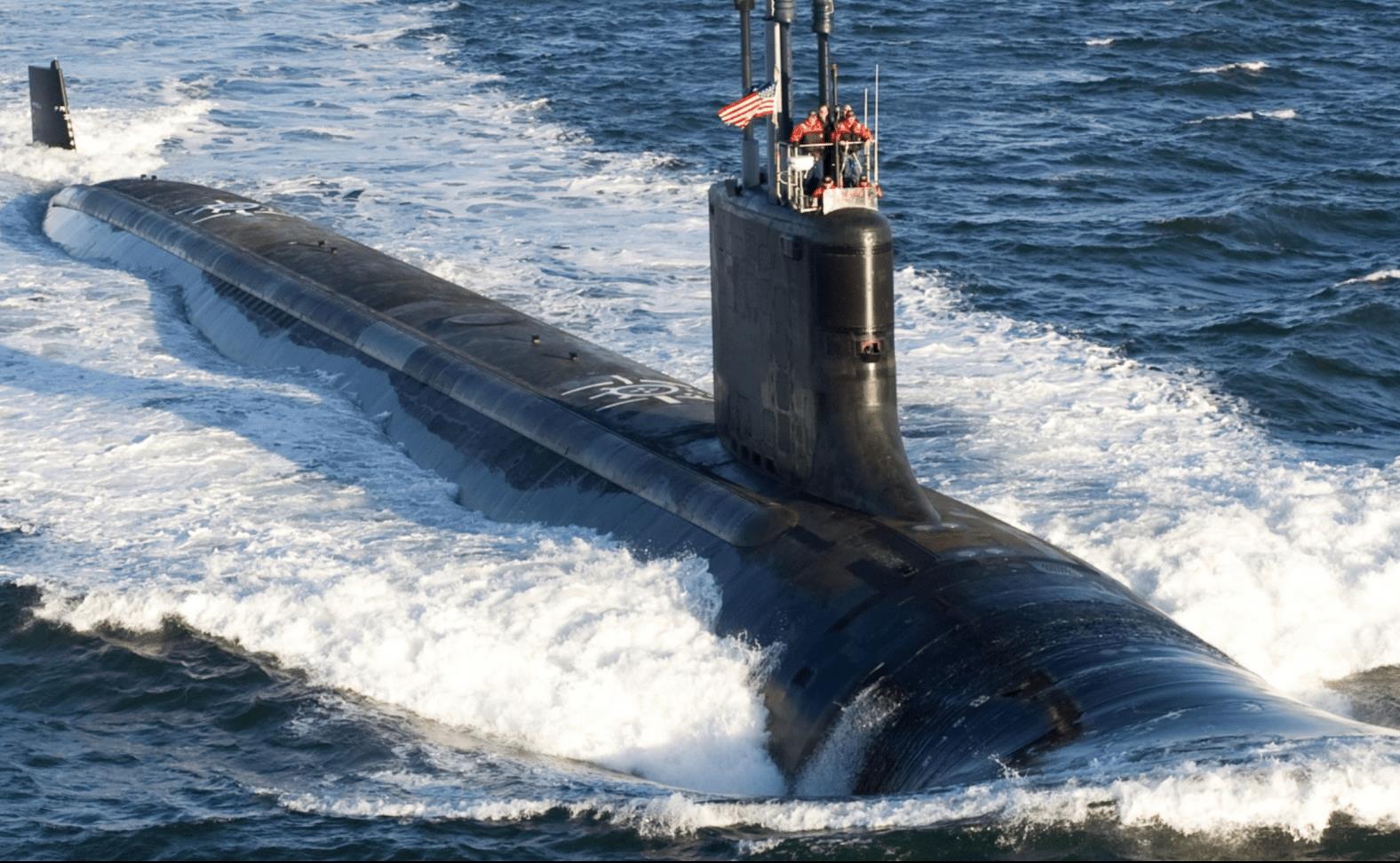(MENAFN- Asia Times) When the leaders of Australia, the United Kingdom and the United States announced their new trilateral security partnership, AUKUS , on September 15, Malaysia's prime minister released a statement expressing concern about its impact on stability in Southeast Asia.
Malaysia's minister of foreign affairs and minister of defense separately issued a statement in support of the prime minister's position, underscoring the risks of a conventional and nuclear arms race, particularly in the South China Sea.
These statements are worth parsing out. At the outset, however, it is important to note that despite Malaysia's reservations about AUKUS, the government has continued to welcome deeper relations with all three countries in the pact, bilaterally and through multilateral platforms such as the Five Power Defense Arrangements (FPDA).
What's more, nuclear-powered submarines are only a piece of AUKUS. Of greater significance to Malaysia, and the rest of Southeast Asia, is the longer technological arc of AUKUS, which will reshape the regional strategic landscape.
The nuclear objection
Although uneasiness about AUKUS was downplayed as overhype or strategic naiveté , Putrajaya's position is an assertion of Malaysia's long-standing foreign policy.
The underpinnings of AUKUS bring to bear Malaysia's stance on nuclear non-proliferation and disarmament, non-alignment, as well as its management of the South China Sea dispute all at once.
Some may have interpreted Prime Minister Ismail Sabri's statement that AUKUS could trigger a regional nuclear arms race as misunderstanding the nature of the deal.

Malaysian Prime Minister Ismail has expressed concerns about AUKUS. Image: Facebook
AUKUS, of course, involves nuclear-powered—rather than nuclear-armed—submarines. However, AUKUS marks the first time a non-nuclear weapon state would receive nuclear-powered submarines and, therefore, this raises uncertainties about proliferation and international legal safeguards .
These questions, although distant for now, remain deeply unsettling for Malaysia given its position vis-à-vis the international nuclear non-proliferation and disarmament regimes.
For example, Malaysia has tabled a United Nations resolution every year since the 1996 International Court of Justice's advisory opinion on the Legality of the Threat or Use of Nuclear Weapons.
The resolution underscores the ICJ's call for nuclear disarmament“in all aspects under strict and effective international control.” Since AUKUS exploits a loophole in existing nuclear safeguards regimes, Malaysia believes that there is a risk that this will undermine the disarmament goal.
But even if Malaysia's nonproliferation concerns with AUKUS may be misplaced, Putrajaya is not alone in fearing that it will trigger a conventional arms race among the major powers in Southeast Asia's backyard—specifically, in the South China Sea.
In looking at AUKUS, Indonesia's foreign ministry, for instance, voiced“deep concern” over the continuing arms race and power projection in the region.
Even Singapore and Vietnam , which are often described in the media as welcoming of AUKUS, gave carefully crafted responses that suggest they are cautious. Both states stress the importance of regional peace, stability, cooperation and prosperity.
Partners and problems
Despite Malaysia's apprehension of AUKUS, Putrajaya has continued to welcome closer bilateral and multilateral ties with Washington , London and Canberra , including in the areas of security and defense.
Only a month after AUKUS was announced, Malaysia's Defense Minister Hishammuddin Hussein affirmed the country's commitment to the 50-year-old FPDA, the overlap in FPDA and AUKUS partners notwithstanding.
As part of the FPDA, Malaysia participated in a 10-day exercise, Bersama Gold 2021, involving 25 fighter jets, six support aircraft, six helicopters, 10 maritime ships, one submarine, and over 2,000 military personnel alongside Australia, New Zealand, Singapore, and the United Kingdom in the international waters of the South China Sea.
Malaysia also hosted the FPDA's anniversary celebration and the FPDA defense minister's meeting following the exercise.
This proclivity to segment relationships based on issues and interests as well as the desire to preserve an expansive network of ties with competing major powers are a key element of Malaysia's foreign policy approach.
This is true with AUKUS countries, as it is with China. Despite sustained harassment by Chinese vessels around Malaysian waters, the Malaysia-China relationship remains warm and friendly.
Putrajaya has sought to sequester its problems with Beijing in the South China Sea from the economic, political, and socio-cultural dimensions in the bilateral relationship.
This separation of issues both between and within partnerships is a feature rather than a bug of Malaysia's foreign relations. It does not, however, always work perfectly.
Technological pathways
Accordingly, to retain geopolitical space for itself in the middle of deepening fissures between the United States and its allies on the one hand and China on the other, Putrajaya will need to intensify its diplomatic engagement with all sides proactively rather than reactively.
This will require looking at trends that now appear to coalesce around technology as well as the governance and regulatory frameworks that underpin it. AUKUS underscores this point.
Nuclear submarine technology for Australia is but a“first initiative” under AUKUS. In the pipeline is trilateral collaboration on cyber, artificial intelligence (AI), quantum and undersea capabilities.

Australia will soon have US-made attack nuclear-powered submarines for deployment to the South China Sea. Photo: US Navy
While the subtext for these plans may be defense technology competition with China, there are converging opportunities for cooperation between Malaysia and the three AUKUS countries that could empower Putrajaya in shaping the regional tech landscape.
The most accessible, benign, and functional entry point for tech cooperation is the digital economy.
Much of this is already underway in Malaysia, with ongoing industry partnerships as well as capacity-building and training efforts to improve cyber security and the operationalization of AI in various economic sectors.
There is one practical way Malaysia can carve out strategic agency while helping chart the region's tech-based future amid rival powers. The government could create either a coordinating ministerial or ambassadorial portfolio specific to the cross-cutting role of technology.
This senior official would stitch together the country's technology interests in trade and economy, national security, and foreign affairs, and register Malaysia's perspectives on tech's rules of the road—from ethics and norms to standards and laws—in bilateral, multilateral, and multi-stakeholder discussions.
Although the National Cyber Security Agency of Malaysia currently functions as the lead coordinating agency on cyber security matters, a senior official representing the country's cross-sectoral interests in broader emergent/emerging technologies could help streamline multi-faceted policies at the domestic level.
Additionally, a single, senior point of contact could facilitate cooperation with AUKUS countries and others on new and unfolding technologies.
In both substance and form, a coordinating minister or ambassador would recognize tech's reach across agency silos and the importance of a whole-of-government approach in contributing to the evolving governance frameworks of technology.
Several countries outside of Southeast Asia already have representatives in similar roles that reflect the ubiquity of technology transcending a range of agendas in government, industry, and civil society. Malaysia could benefit from that model.
A focused and active Malaysia, along with its ASEAN counterparts, offering thought leadership on tech governance would not only design the country's digital future in a more comprehensive manner but also potentially help the region avoid the pitfalls of US-China decoupling.
Malaysia may not welcome AUKUS. But it should use it to shape rules of the road to ensure that Southeast Asia's tech and strategic landscape remains inclusive rather than exclusive.
Elina Noor ( ) is Director, Political-Security Affairs and Deputy Director, Washington, D.C. Office at the Asia Society Policy Institute
The author would like to thank the Asia Pacific Team from the Defence and Security Foresight Group (DSFG) for their support during the development of this piece.
Republished with permission of Pac-Net.
MENAFN26112021000159011032ID1103253673